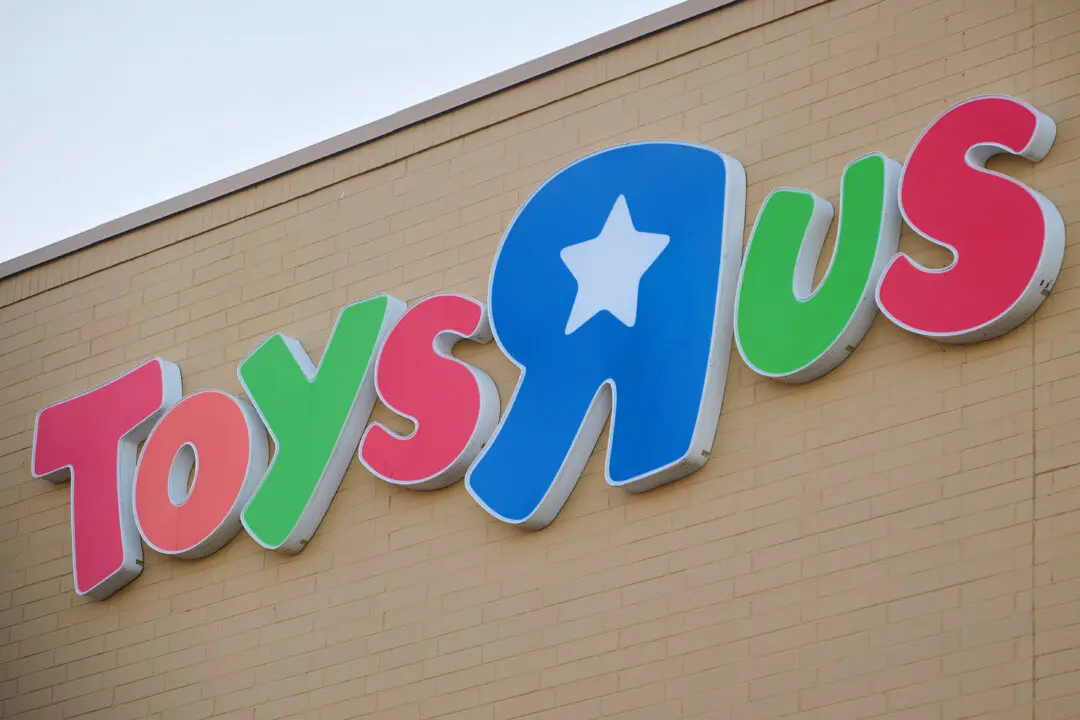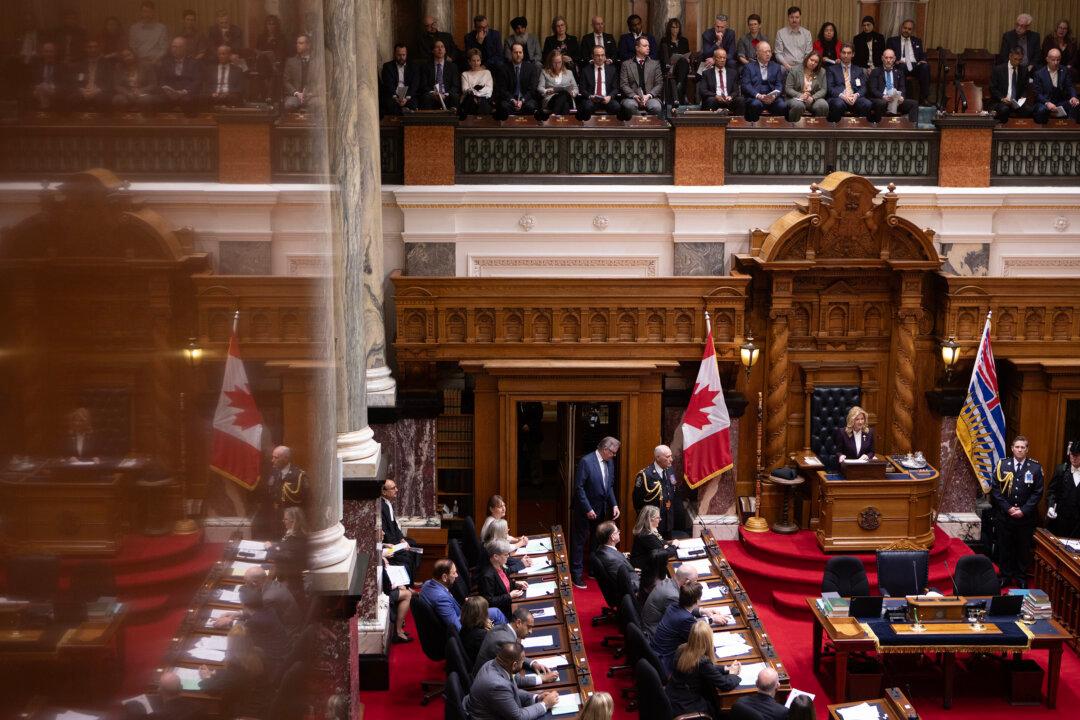OTTAWA—Justin Trudeau is starting to show some of his economic cards now that the Conservative government has laid its election hand on the table.
The Liberal leader says he'd reverse the Tories’ plan to almost double the maximum amount Canadians can sock away in their tax-free savings accounts. And he’s promising that the Liberals would balance next year’s budget should they win this fall’s election.
Trudeau disclosed those two details Tuesday, April 21, moments after the Conservatives laid out their economic and fiscal blueprint in the Harper government’s 11th federal budget, its last before the election scheduled for October.
He revealed another on Wednesday: he'd keep the Conservatives’ plan to cut the 11 percent small business tax rate by two points over four years. However, he said a Liberal government would look at a different way of implementing the cut so that it wouldn’t wind up benefiting primarily the wealthy, as many economists have predicted will happen.
In addition to those particulars, insiders say Trudeau intends to unveil in the next few weeks a major economic plank from his party’s eventual election platform.
Until now, Trudeau has offered sparse details—like promises to scrap the government’s income-splitting measure and to roll back the age of eligibility for old age security to 65 from 67—while steadily resisting pressure to reveal platform proposals before the fall campaign.
With the fiscal lay of the land now clear, he hinted broadly Wednesday that he'll be more forthcoming soon about Liberal economic policy.
“I have been very clear from the very beginning. The Liberal party is putting together a responsible plan that we will share with Canadians at an appropriate time. We are still six months away from the election,” he said.
“And yes, in the coming weeks and months leading up to the election, we will have a lot more to say.”
NDP Leader Tom Mulcair has been steadily unveiling platform planks since last summer, including plans for a national $15-a-day child care program, reinstatement of a $15-per-hour federal minimum wage, and promises to hike corporate taxes and cut small business taxes.
In the absence of firm Liberal proposals, Trudeau has been criticized for failing to demonstrate he’s got the policy chops to manage the country’s economy. And the Conservatives have been repeatedly accusing him of planning to hike taxes and run up deficits.
He began to fight back Tuesday.
“It’s a well-established fact. Liberals balance budgets. Conservatives have been running deficits,” Trudeau said. “Our platform will be fully costed, fiscally responsible, and a balanced budget.”
Trudeau said Liberals are committed to helping those who need it most, not padding the purses of the wealthiest Canadians, as he accused the Conservatives of doing.
Indeed, he said Liberals are crafting all their policy through that lens: ensuring each measure will “help the people who need the help and not, as this budget does, the people who don’t need the help.”
Among Liberal priorities, Trudeau cited investments in infrastructure, post-secondary education, affordable housing, as well as “fiscal measures” aimed at the middle class.
Both Trudeau and Mulcair maintain that boosting the maximum yearly contribution to TFSAs to $10,000 will benefit only the wealthy. They make the same argument about the $2-billion Tory plan to allow couples to split their income for tax purposes.
Experts have estimated that the income-splitting measure will benefit the wealthiest 15 percent of taxpayers. Both the Liberals and NDP have promised to scrap it.
Boosting the maximum contribution to TFSAs is “great if you’ve got $50,000 in your back pocket, the same way the income-splitting is great if you’re having trouble making your payments on your second BMW,” Mulcair said Wednesday.
“But it does nothing for the middle class that is actually earning less today than it was 30 years ago.”





